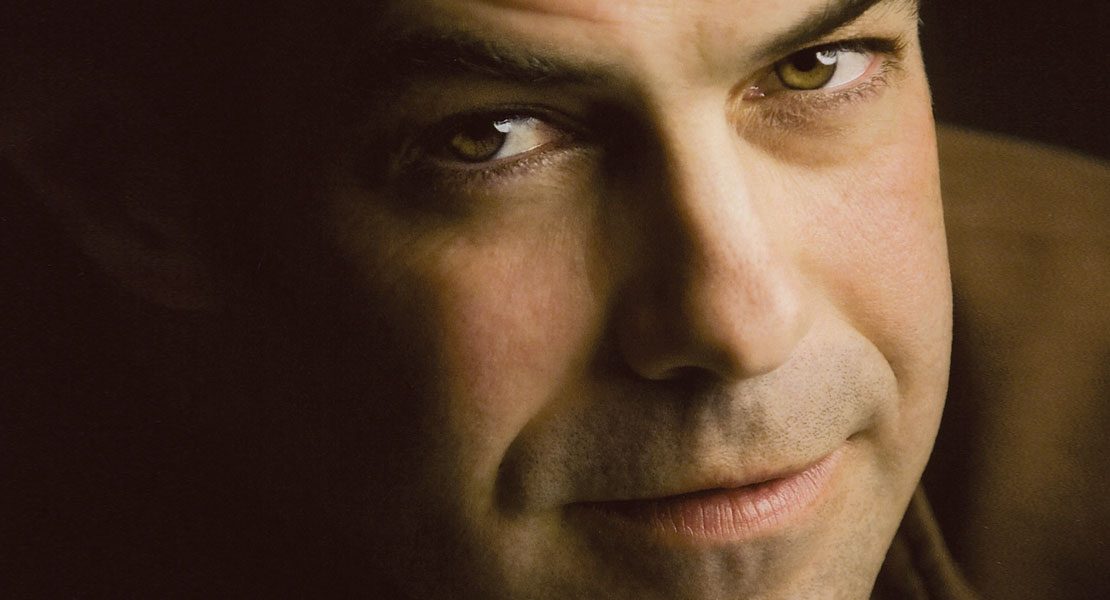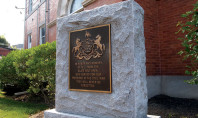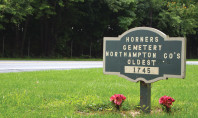Chris Manley

by Ann Wlazelek
Allen High graduate Chris Manley nearly ditched his dream of making movies or TV shows while studying film at Temple University in Philadelphia.
“I got the feeling that because I was in Philly, a career in film was kind of impossible. I almost changed my major to English to teach creative writing,” he said in a recent phone interview. “It seemed more sensible.”
Then came 1989 and the hype over the steamy, independent film, “Sex, Lies and Videotape,” starring James Spader. Director Steven Soderbergh was not born in New York or California, Manley discovered. In fact, he hadn’t even finished college.
Manley’s dream zoomed back into focus. “I thought maybe there’s a chance for people not born in Hollywood,” he said. “So, I redoubled my efforts.”
Good decision for the 45-year-old, now living in Los Angeles as director of photography for the popular, Emmy-winning AMC series “Mad Men.” Manley joined the TV drama about the chauvinistic, 1960s Madison Avenue advertising industry in the show’s second season and has helped define its feel the past six years.
As director of photography, Manley is the show’s chief cinematographer, working closely with the director to decide where the camera goes and what shots are needed in each scene. He oversees some 30 crew members who operate the cameras, lights and rigging. “I sit at a monitor, directing the shots,” he said.
And Manley didn’t have to be born a Coppola or Spielberg to land such a coveted position: He did it with talent, training and hard work.
While at Temple, Manley stepped behind the scenes as a projectionist at a number of Philadelphia movie houses, including the Roxy Theater. He watched and studied the movies he played over and over for audiences.
Once accepted into the prestigious American Film Institute in LA, Manley supported himself by working on the crews of movie sets and TV shows as everything from a gaffer and lighting technician to a camera operator. Working his way up gave him the know-how for directing such crews and setting the mood for each scene.
His first big break came in 1997, when B-movie giant Roger Corman hired him to shoot the horror film “The Suicide Club” and a series called “Black Scorpion.” Manley won a daytime Emmy for his cinematography work on Corman’s horror spoof “The Phantom Eye.”
After “graduating” from Corman’s studio, Manley shot many independent features and TV movies, including “The Big Empty,” “Thoughtcrimes,” and the horror biopic “Dahmer,” about serial killer Jeffrey Dahmer. He has shot more than two dozen commercials and music videos, and recently photographed Mad Men creator Mathew Weiner’s “Are You Here” with Owen Wilson, Zack Galifianakis and Amy Pohler to be released this summer.
Mad Men’s highly acclaimed series revolves around the conflicted world of Don Draper (Jon Hamm), the biggest ad man and ladies’ man in the business, and his colleagues at the Sterling Cooper Draper Pryce Advertising Agency. Shooting for the final season ended recently, but Manley cannot reveal what happens because the final seven episodes do not air until March 2015.
Manley received four Emmy nominations and two American Society of Cinematographers nominations for his work on Mad Men.
Asked to describe his style or signature form of cinematography, Manley laughed. “I don’t think I have one,” he said. “The goal is to find a unique look that best fits the story.”
Because Mad Men is set in the 1960s, its style therefore is old-fashioned. Camera shots are not as tight and are held longer than they are in shows set in current times, Manley said. “We don’t cut every second,” he explained, and, “We don’t use steadicam or equipment that wasn’t available in the 60s. We try to emulate the filmmaking style of the period.”
Manley received four Emmy nominations and two American Society of Cinematographers nominations for his work on Mad Men. He also added director to his resume for episodes in the fifth, sixth and seventh seasons.
What encouraged Manley to follow a creative path to the film industry were his father and sister. Robert Manley moved his family to the Lehigh Valley when Chris was 3 to become Allentown’s human relations director. As the story goes, the elder Manley was an amateur photographer and gave his son a camera and light meter on a family trip to Yosemite National Park.
Chris Manley was 11 and couldn’t wait to shoot Old Faithful erupting, but when the prints came back, all 30 looked the same. Looking at the shots years later, he realized he should have taken video.
Manley also credits his older sister Meredith with showing him he could make a living doing something he loved. Meredith was a dancer, who performed around the world before opening her own modern dance studio in North Carolina. “While I was still in high school, my family would go to see my sister perform and it was eye-opening for me,” Manley said. “My father pushed me to be pragmatic. He wanted me to study business. But after seeing my sister, I thought I will be a failure at business. I want to pursue something I love instead. She was my inspiration.”
Manley and his family left the Lehigh Valley and have not been back since 1998, yet the successful cinematographer said he has fond memories of working and living in the area. Among other jobs, he delivered The Morning Call for six years, including the blizzard of 1982; delivered pizzas for both Pizza Hut and Dominos; and worked at Wild Water Kingdom as well as the former Dorneyville Golf Center.
“What I miss most about the Lehigh Valley is Yocco’s pierogies,” he said, revealing a closely guarded secret. “Nothing comes close.”
Off for the summer with his wife, Bipasha Shom, and their two children, son Devan, 10, and daughter, Priya, 8, Manley said he will be playing tennis, swimming and looking for work. “I’m not worried about getting a job,” he said. “But I worry about getting one I enjoy. It will be rough to find one as wonderful as Mad Men, that’s as artistic and creative. That will be difficult to match.”
Manley said he feels fortunate to have turned humble beginnings into such a high-profile and rewarding profession. “Everyone knows that an overnight success takes 10 years, minimum. I thought I would give it 10 years,” he said. “For me, luckily, it happened much quicker.”



















